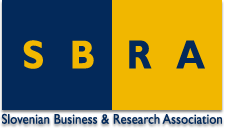EU funds
Although SBRA primarily aims find suitable EU projects for its members, SBRA has over the years participated in 10 European projects. Most of the projects have been in the domain of knowledge economy, information society, and support to candidates and potential candidates from SE Europe. Activities in these projects gave SBRA’s staff valuable experiences in project execution and coordination, needed to be able to advise its members, broadened its European networking and supported its visibility and last but not least covered respective expenses.
CIMULACT (2015-2018) - Its main objective is to add to the relevance and accountability of European research and innovation – Horizon 2020 as well as national - by engaging citizens and stakeholders in co-creation of research agendas based on real and validated societal visions, needs and demands. The project will expand the outlook and debate on STI issues, increase scientific literacy in a broad sense, which includes the understanding of the societal role of Science, Technology and innovation (STI), and create shared understanding between scientific stakeholders, policy-makers and citizens. This multi-actor approach will embrace EU-28 plus Norway and Switzerland.
WBC-INCO.NET (2008-2014) - The project facilitated the interaction between the Western Balkan Countries, the EU member states, the candidate and potential candidate countries and other states associated to the Framework Programmes for RTD and the European Commission. Its main objective is to support the enhanced integration of the WBCs in the European Research Area.
BIOENERGIS (2008-2010) - The project aimed at assessing the potential of the local/ national territories related to the partners in terms of locally available biomasses, as scraps from forest management, residues of agricultural cultivation, products of dedicated energetic cultivation, zoo technical wastes and the biogenic part of civil and industrial wastes.
E-BUSINESS FOR CRAFT (2007-2008) - the project aimed to exchange best practices and develop better policy between e-business regional authorities and SME organisations in order to promote the use of e-business among micro enterprises and craftsmen.
BIS-RTD (2006-2008) - The project aimed at establishing a permanent co-operation platform among European regions to facilitate the emergence and circulation of good practices and contribute to RTD policy making coordination, so as to ensure the spreading and (partial) adoption of effective adoption models of good practices.
R4R (2006-2008) - aimed at developing models for Knowledge Transfer in the management of research policies at regional level. It directly involved 9 partners from 8 regions in different countries of Europe. The project had the ambition to develop a solid methodology for the identification, modelling, adaptation and transfer of best practices.
TASBOR (2006-2008) - It aimed at laying down the basis for co-operation between EU border regions. To do so, it acted on the vocational training institutions component by strengthening their ability to respond to the needs of the changing labour market. As a consequence, it should benefit the vulnerable groups (VGs) in the affected sectors through a better understanding of market requirements and conditions
Great IST (2005-2007) - aimed to bring together the IST research stakeholders of Central and Eastern Europe, to share visions and experience in implementing an Information Society, to contribute towards harmonization of IST research priorities and to enhance co-operation in the broader region.
SPREAD (2004-2005) - Stimulate and Promote Good Practices in the field of Digital Content in Eastern and Western Europe aimed at triggering cross-border collaboration and cross-sector fertilization between the digital content communities of the EU member states and those of the New Member States based on exchange of good practices and learning experiences.
CAPE (2001-2004) – SBRA also organized training seminars on EU information sources and lobbying. SBRA was responsible for the design and analysis of 4 annual surveys among 4,000 companies in 10 accession countries, evaluating their readiness for accession. Project Coordination – Eurochambres.









